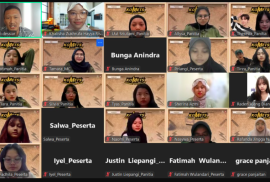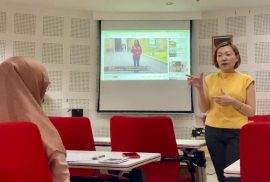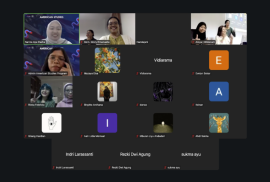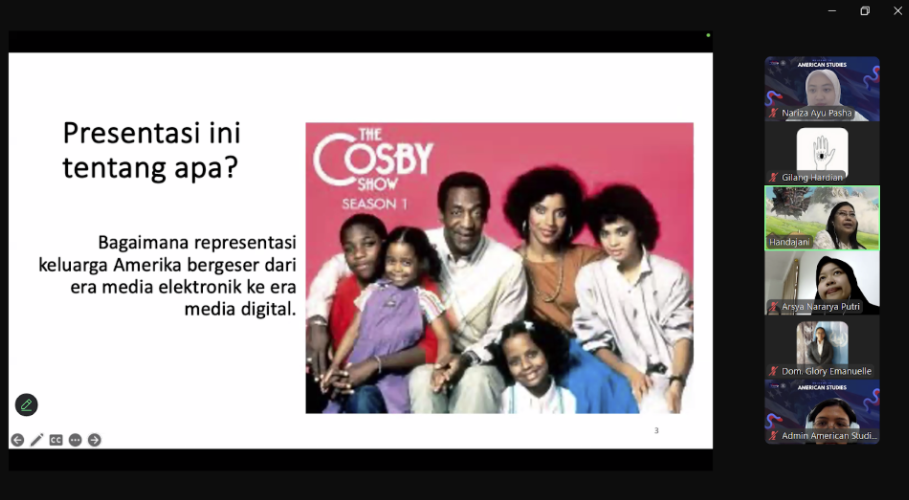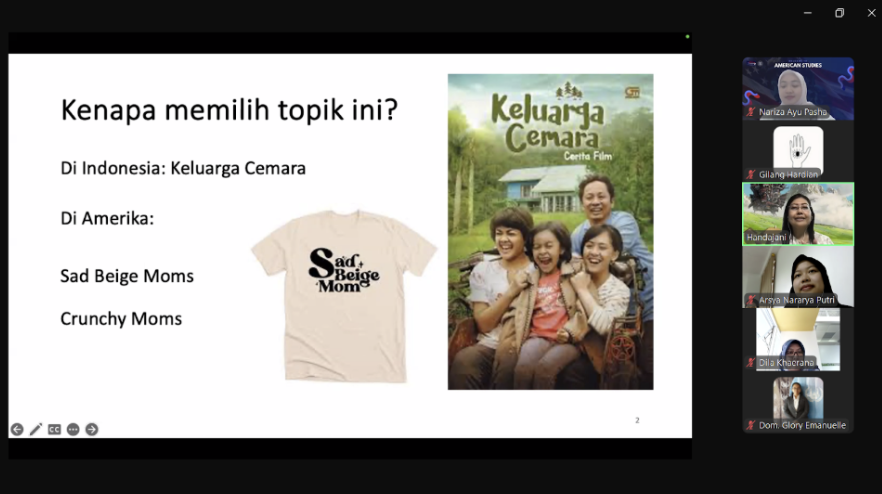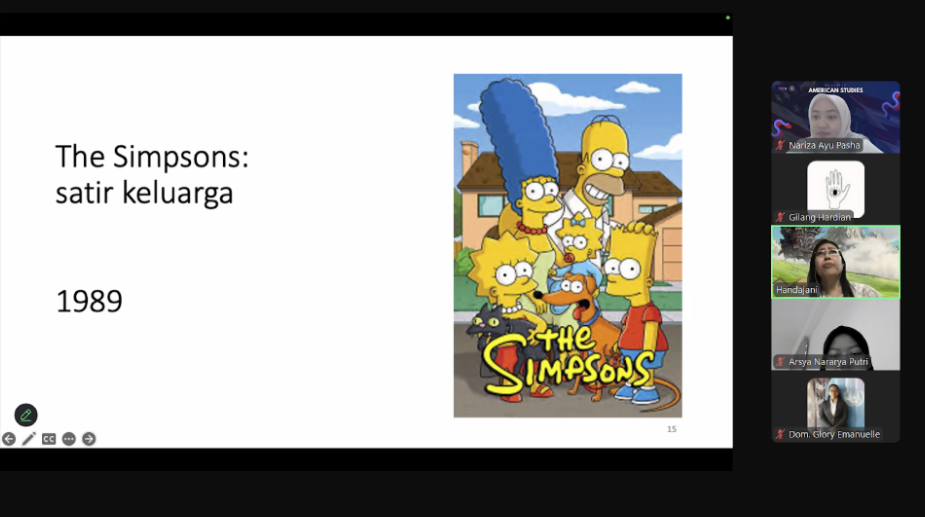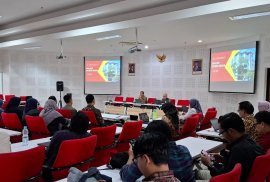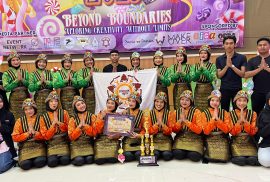Yogyakarta, 23/5/2025 – Korean Major Talk Show, also known as KOMETS, is an annual event organized by the Korean Language Student Association (Himahara) with the aim of introducing the Korean Language and Culture Study Program at Universitas Gadjah Mada. The event features inspiring speakers from the program and is open to the general public. This year’s KOMETS was held online via Zoom on March 9, 2025, starting at 09:00 AM (WIB).
For 2025, KOMETS adopted the theme “Korean High School” with the tagline “A Journey To The Glory”, inspired by the popular South Korean drama Study Group. The theme reflects the perseverance and spirit of students in navigating a challenging journey toward discovering and preparing themselves for admission into the Korean Language and Culture Study Program. The event aspires to provide prospective students with in-depth insights into the academic environment and opportunities offered by the program at Universitas Gadjah Mada.
The event commenced with welcoming remarks from the Chair of Himahara, Khalisha Zukhrufa Hayya Risatmoko, the Head of the Korean Language and Culture Study Program, Dr. Achmad Rio Dessiar, B.A, M.A, and the Chief Organizer of KOMETS 2025, Uut Sriutami. The opening was followed by a presentation by Sherina Azmi Ahmad, an administrative staff member of the study program.
The session continued with presentations from two speakers who have participated in exchange programs in South Korea: Nyimas Aliyah Prajnia Paramitha, recipient of the 2024 Hyundai CMK Global Scholarship, and Raden Ajeng Dian Sari, recipient of the 2024 Global Korea Scholarship. In the middle of the session, a fun interactive quiz on South Korea was held to engage the participants.
The final speaker was the event’s special guest star, Kim Suengwon, a student from Busan University of Foreign Studies and a 2024 awardee of the AIMS Program Exchange, who is currently studying at Universitas Gadjah Mada.
KOMETS 2025 was attended by approximately 55 enthusiastic participants and received overwhelmingly positive feedback. The event successfully introduced the Korean Language and Culture Study Program to a broader audience. “Don’t be afraid to try, and keep striving until you succeed.” — KOMETS 2025 Speaker.
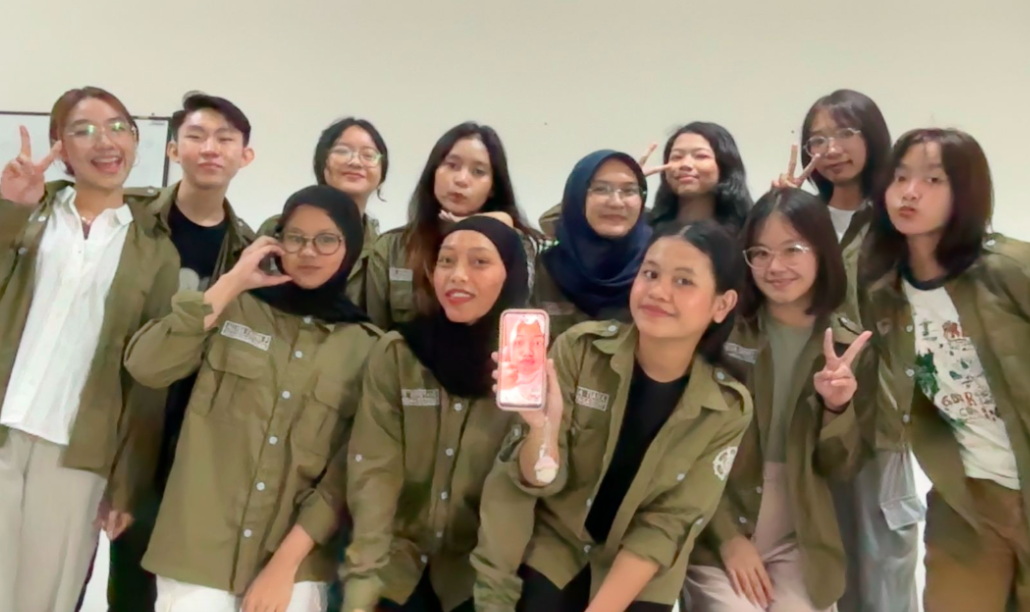
[Public Relation of Korean Language and Culture, Justin Liepangi]

